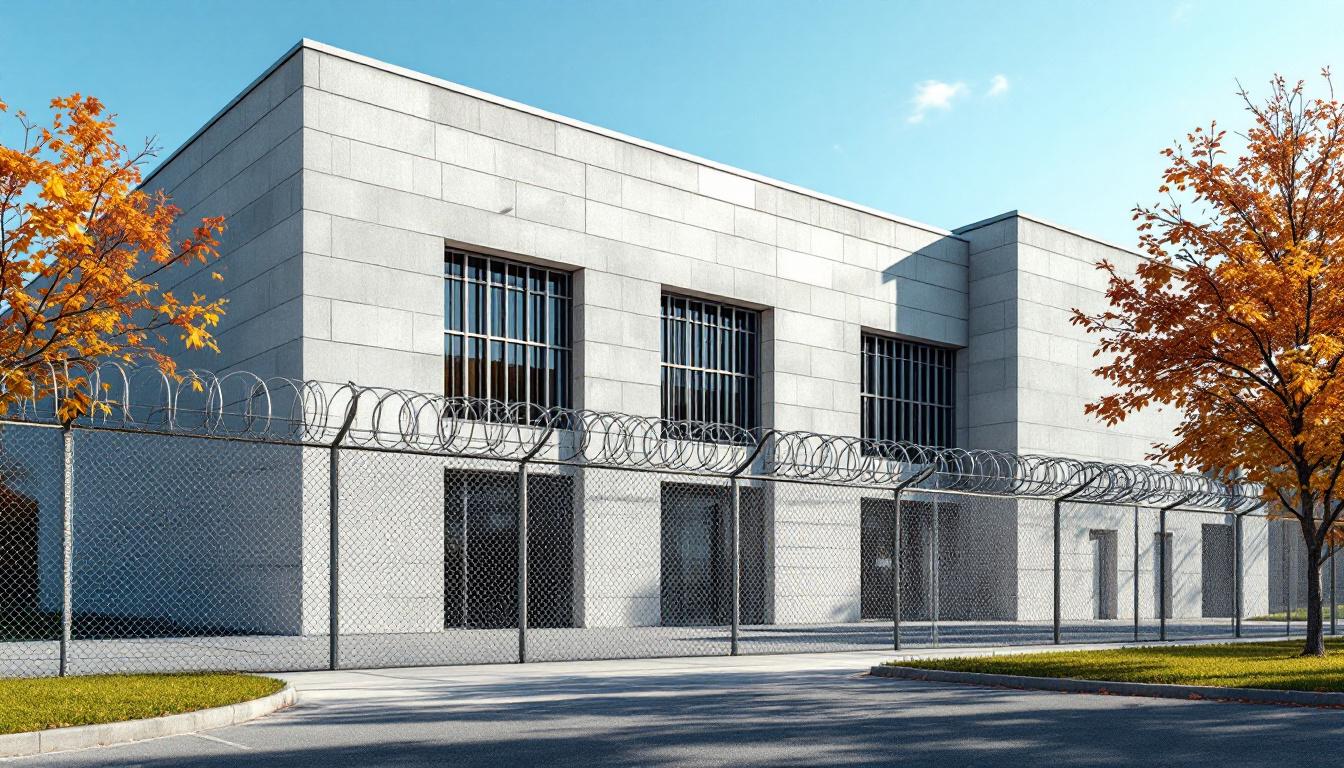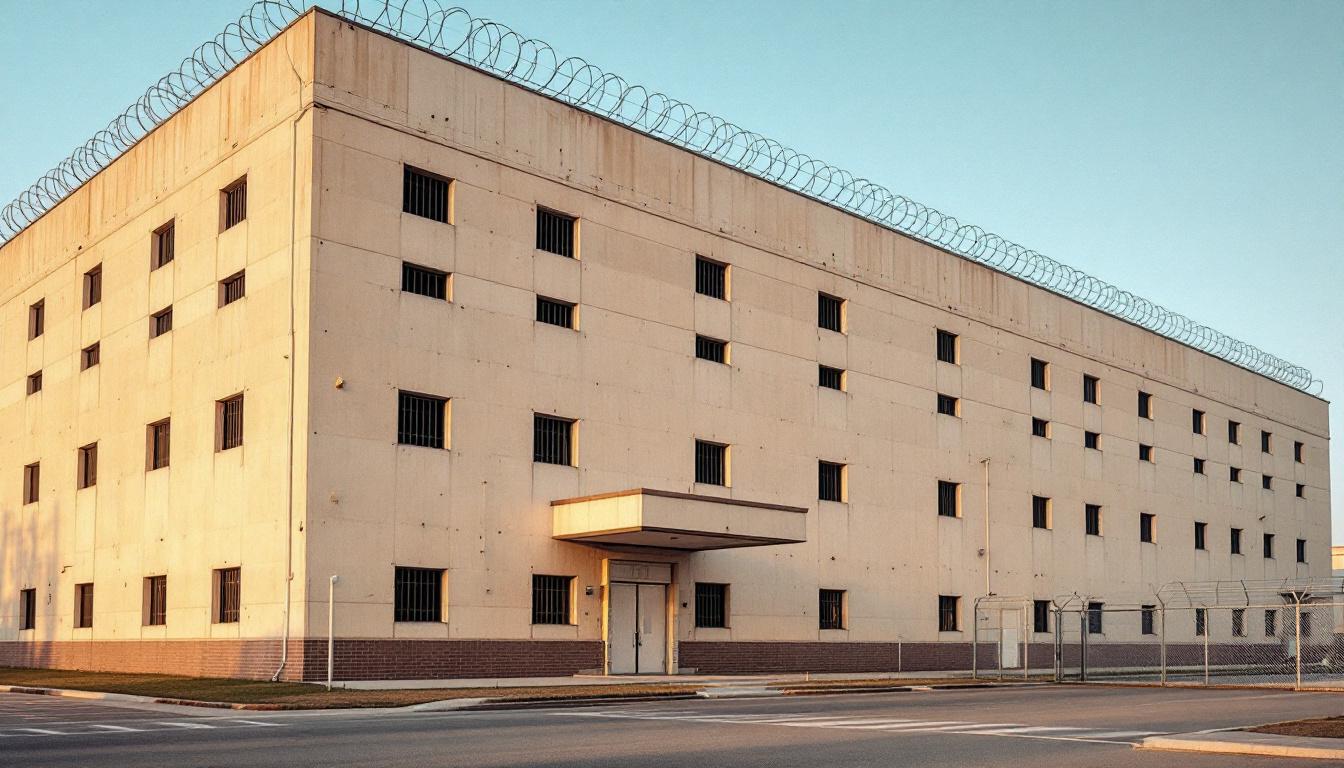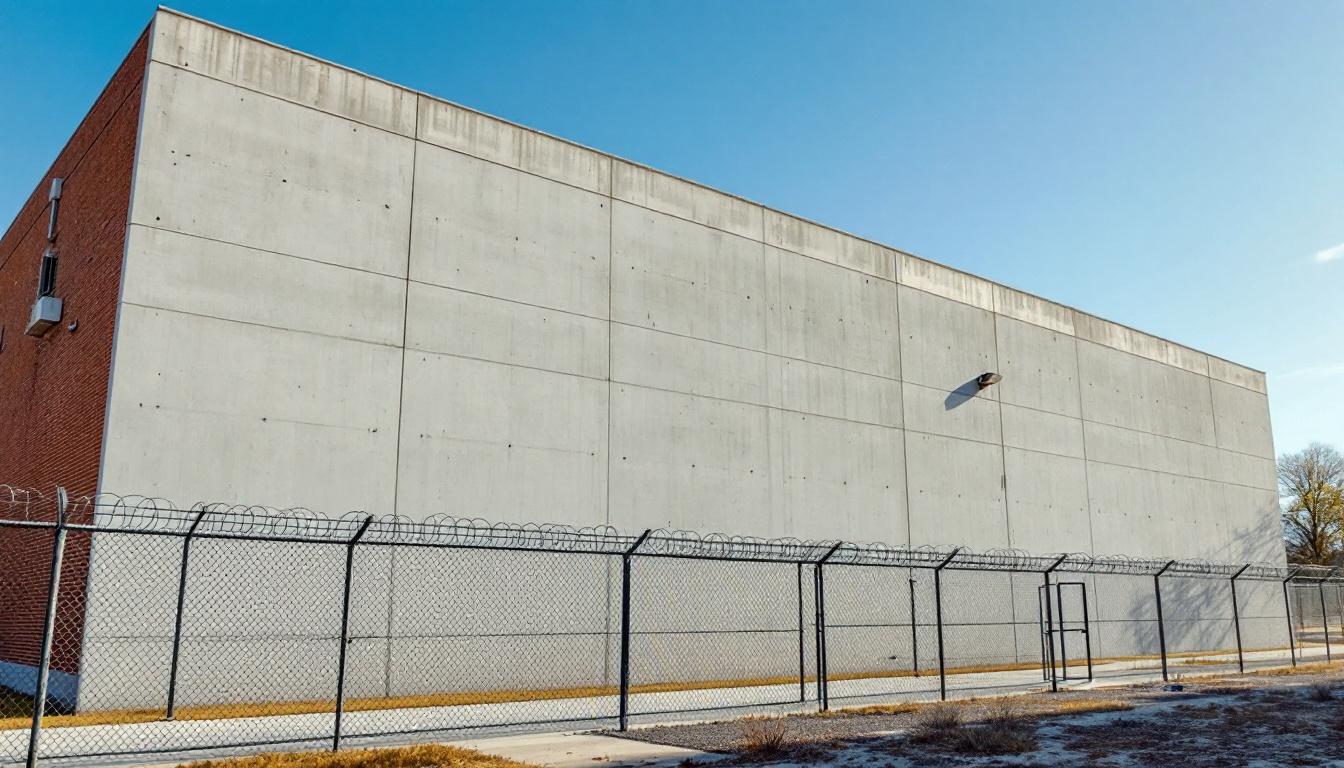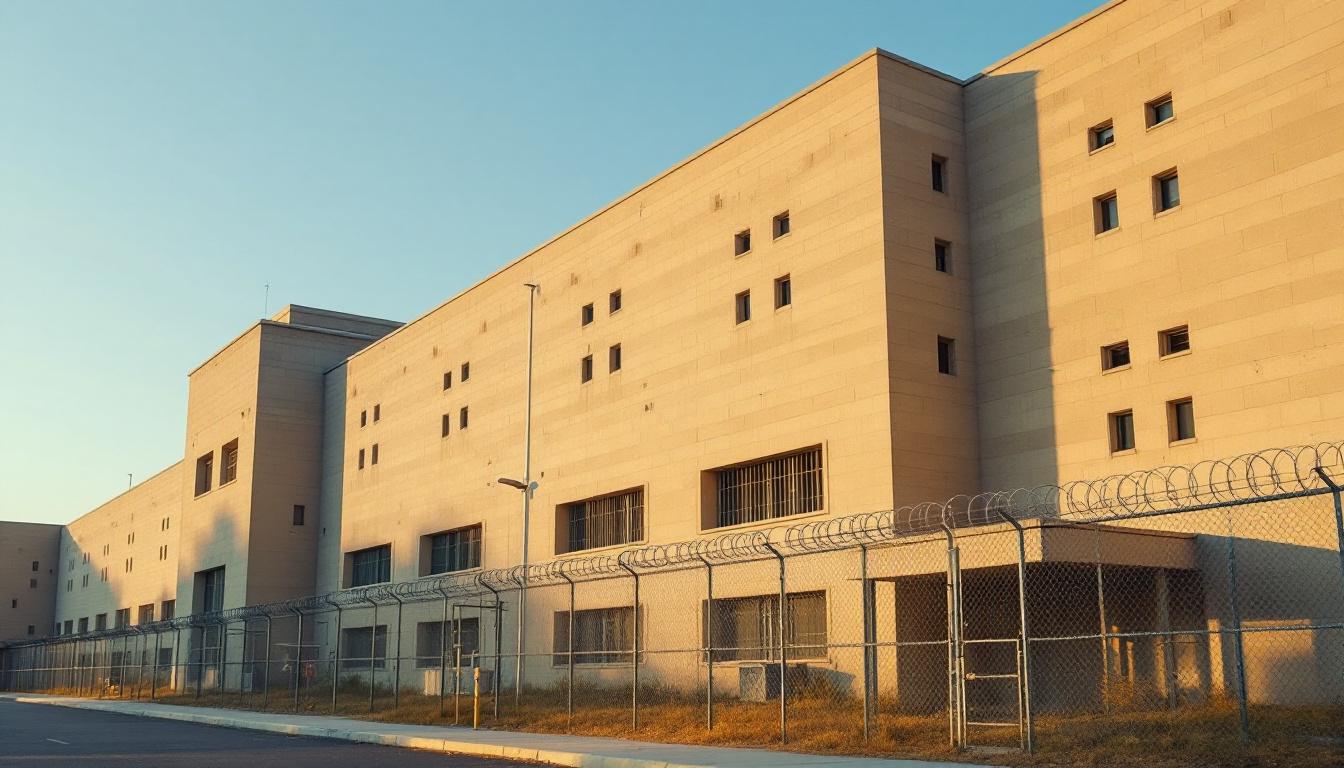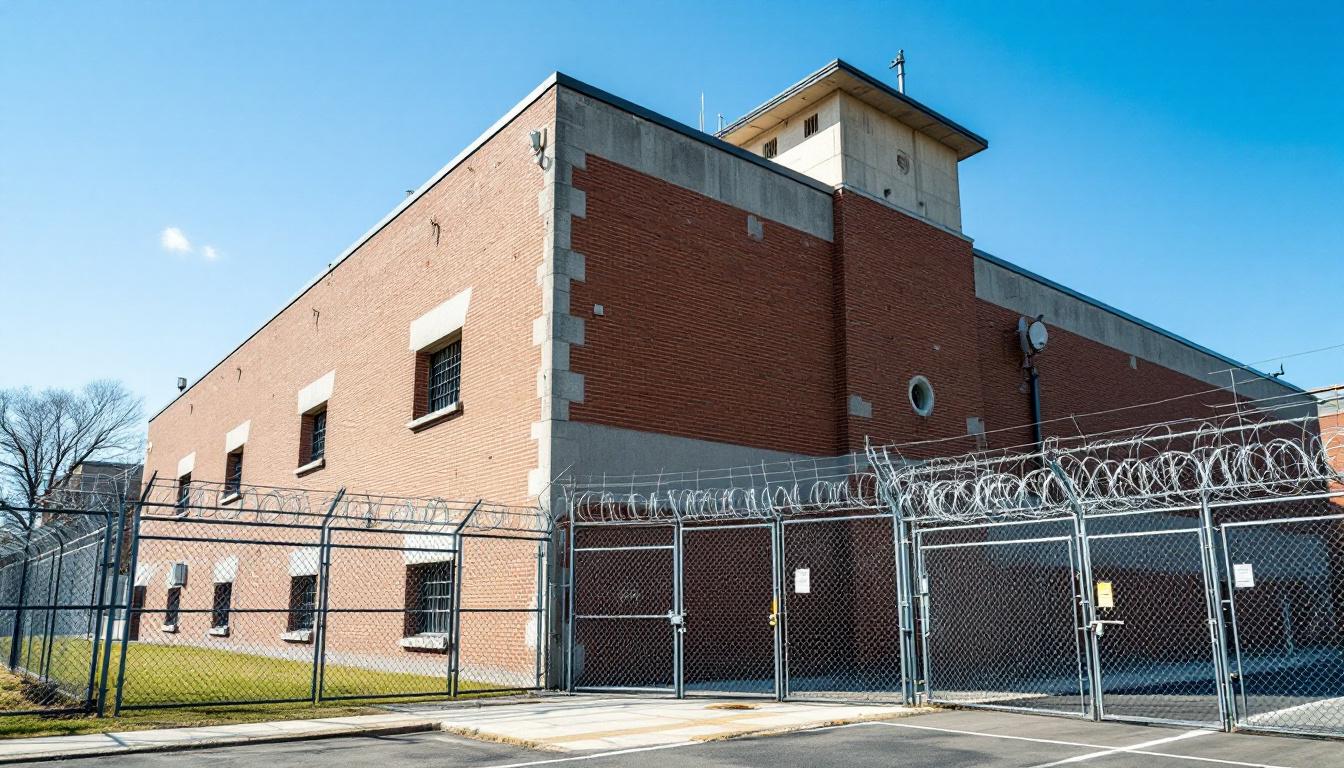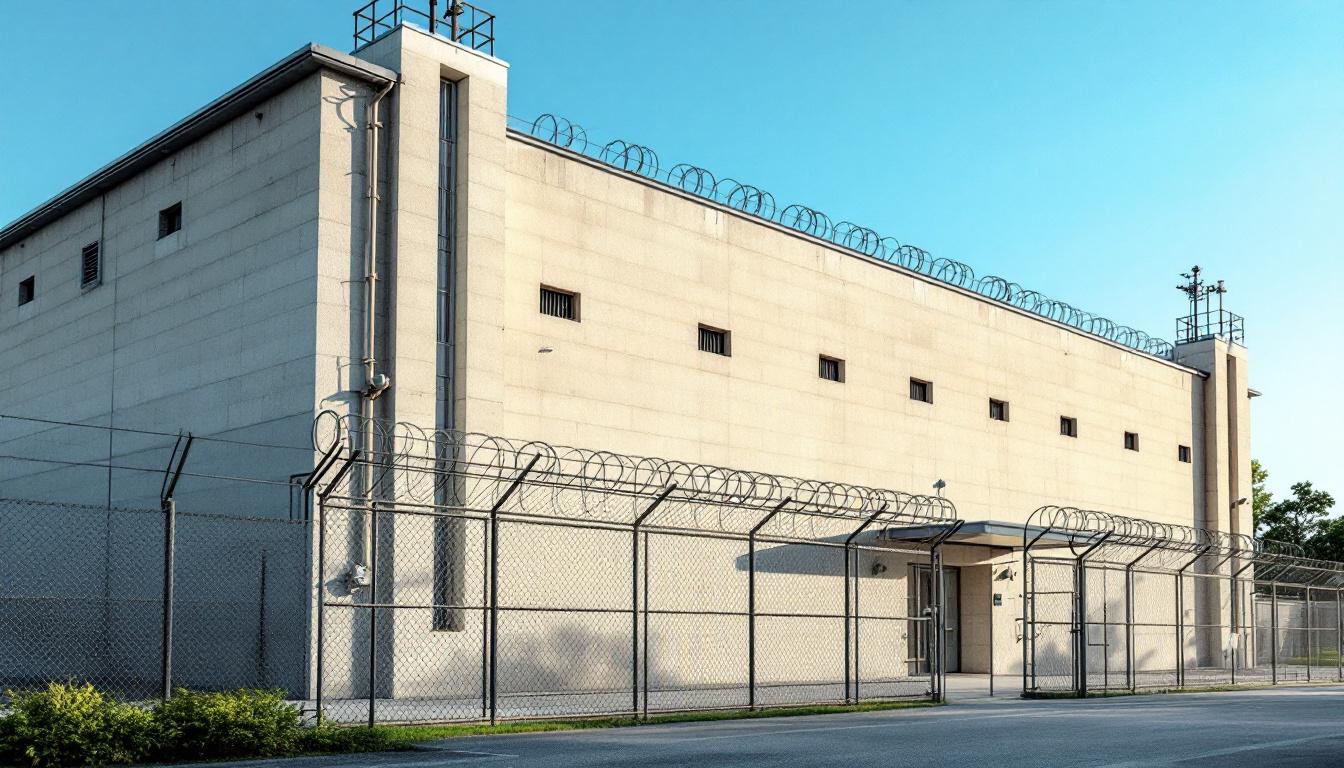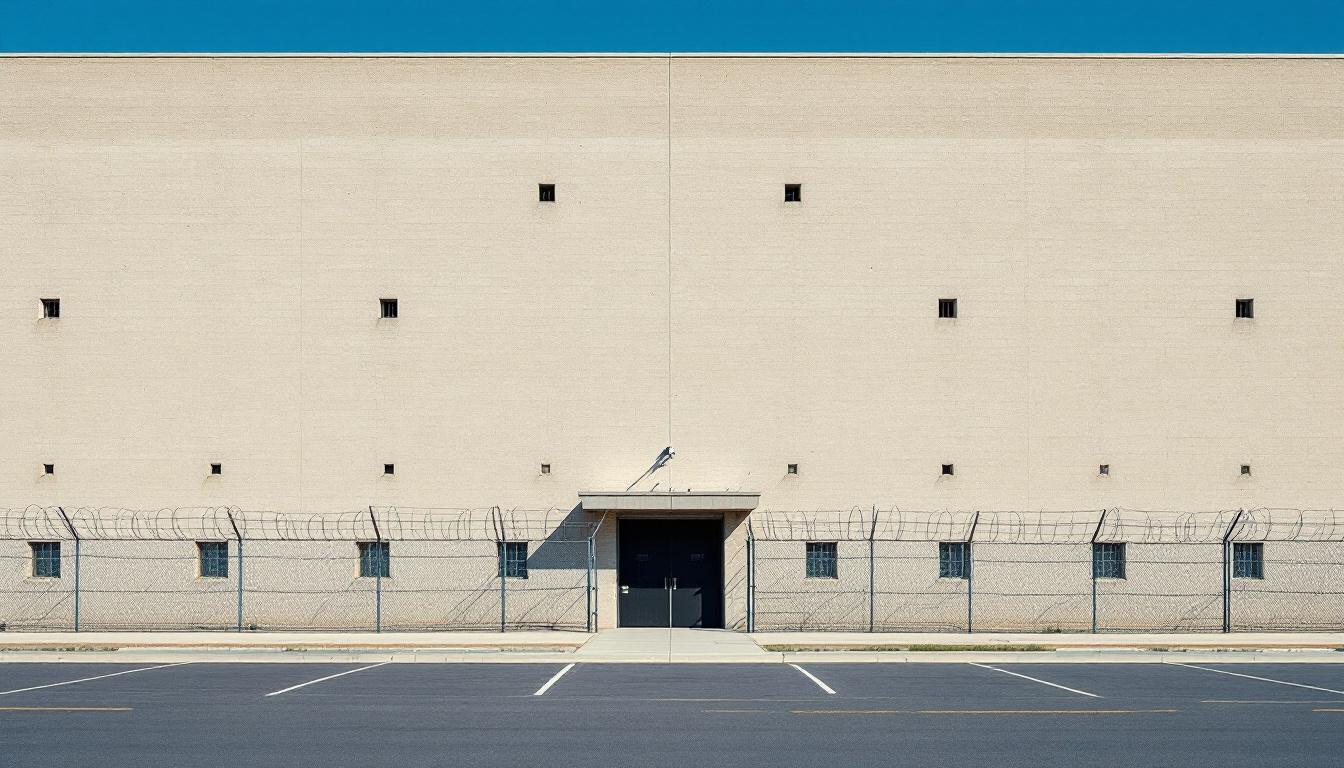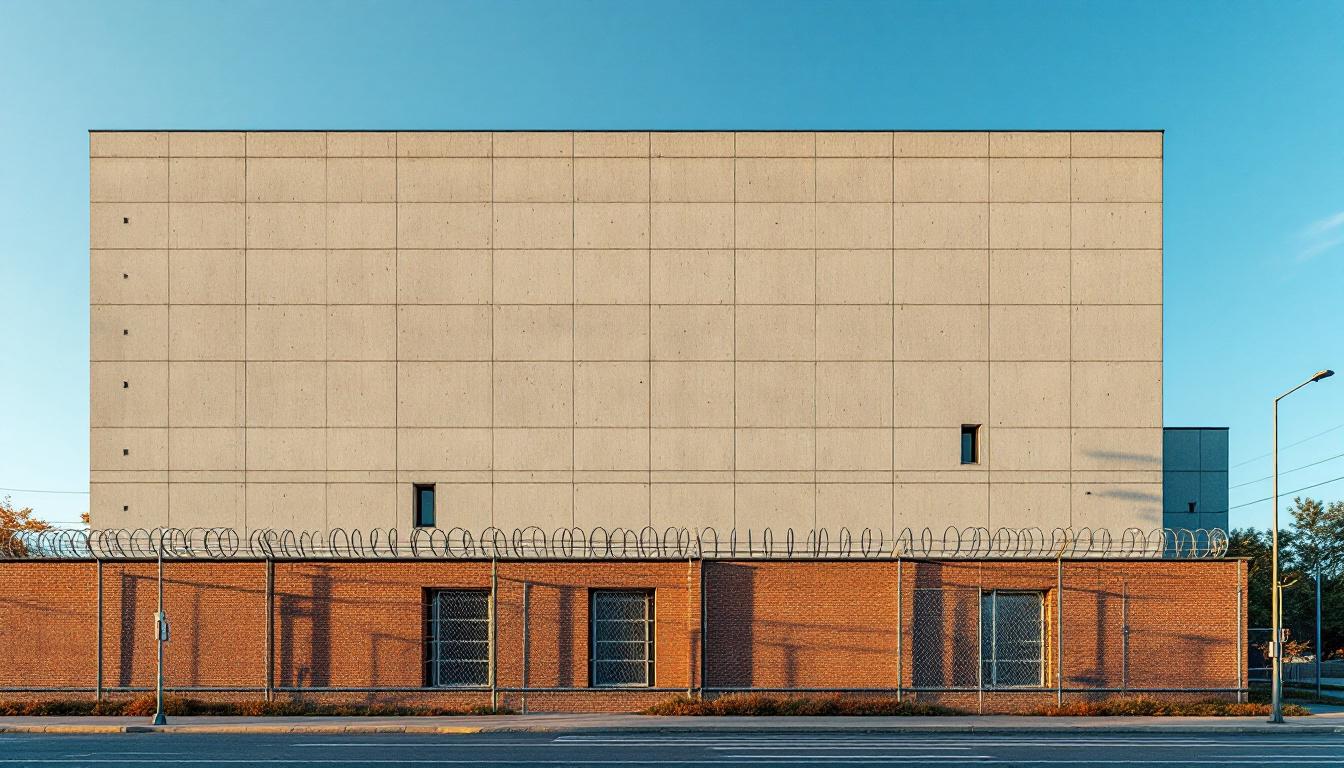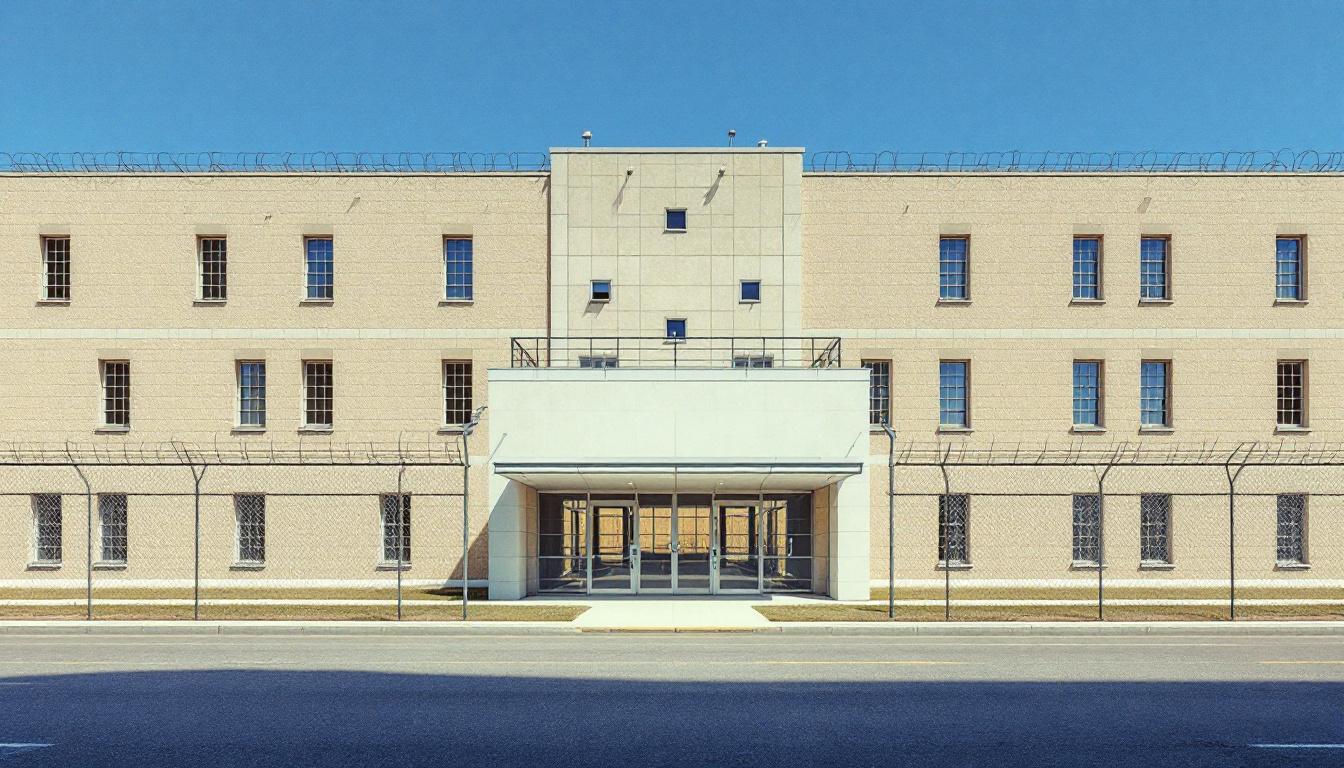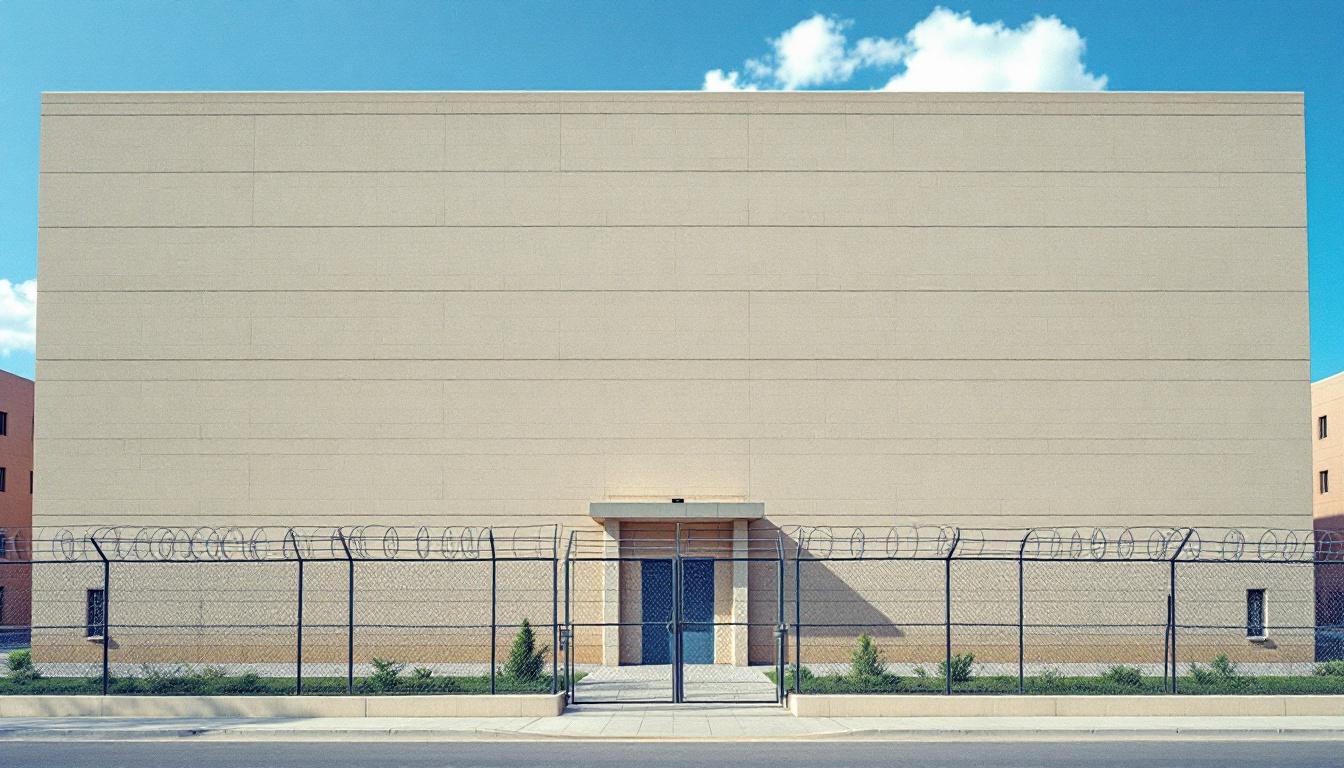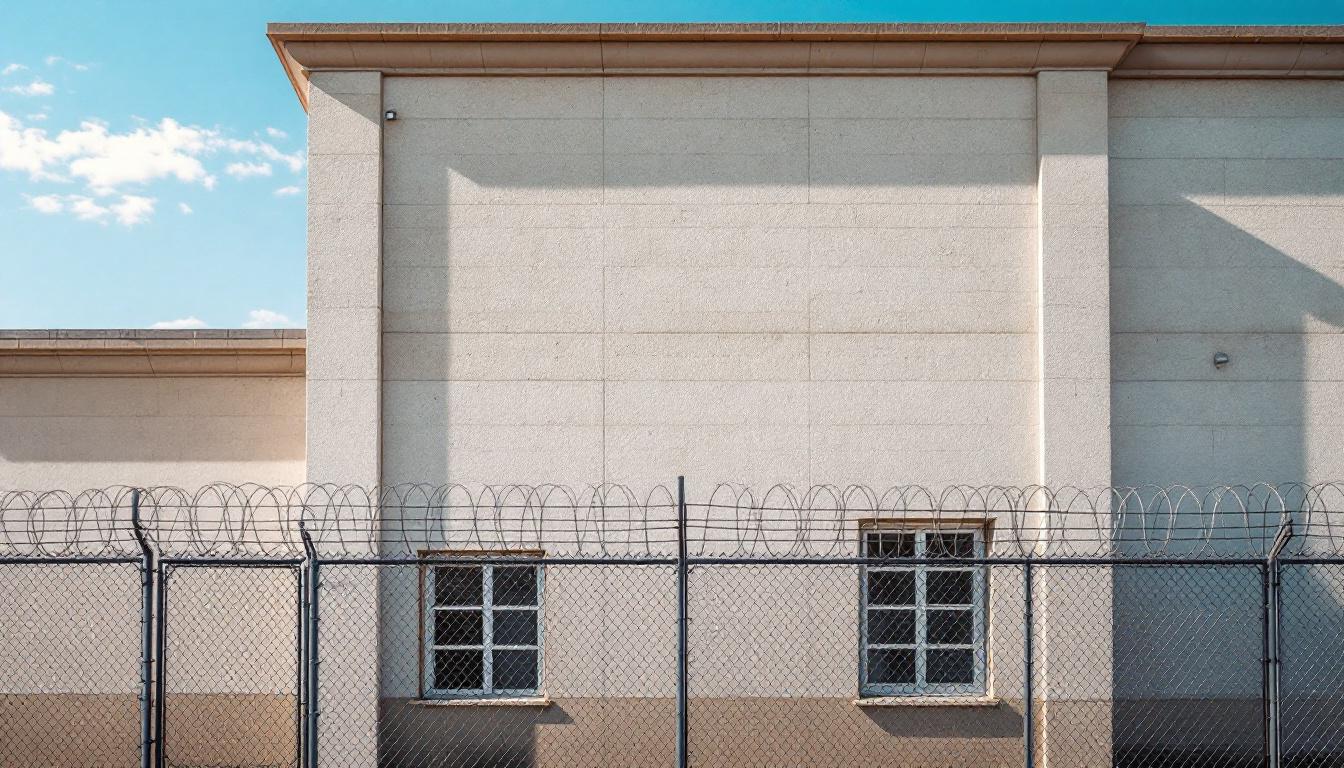
Quick Navigation
How to contact an inmate at Citrus County Detention Facility
This comprehensive guide will walk you through how to connect with an inmate at Citrus County Detention Facility. Follow the steps below to find an inmate and send letters and photos:
- Search for the inmate using our search tool below
- Create your account or log in to Penmate
- Write your message (up to 6,000 characters)
- Send instantly - inmates receive printed copies daily
Find an Inmate
Search for an inmate to start communicating today
Tip: You can search by first name, last name, or inmate ID number
To contact a person at Citrus County Detention Facility start by searching for the person on the facility website. Perform a search by following these steps:
- Step 1: Enter their first name and last name into the search form and click "Search"
- Step 2: Locate their inmate record
- Step 3: Write down their Inmate ID and any housing information provided
Important! Be sure to enter the person's full name. Nicknames should not be used.
How to Send Messages to Inmates

You can use your phone or computer to send emails, letters, and photos to an inmate. Messages are sent electronically to inmate tablets or kiosks at the facility. If you would like to send a message, start by searching for an inmate at Citrus County Detention Facility.
Sending Photos and Postcards

A great way to send love and support to a loved one at Citrus County Detention Facility is to send photos and postcards. It only takes a few minutes to send photos from your phone and it makes a huge difference. You can also mail postcards with words of support and inspiration, or design your own postcard for special moments like birthdays and holidays.
Important! Be sure not to send any explicit photos or they may not be approved by the facility. You can also use a photo printing app like Penmate to make sure your photos are printed at the correct size (4x6 or 3x5) and are mailed according to the rules and regulations of Citrus County Detention Facility.
Frequently asked questions about Citrus County Detention Facility
-
How long does it take to deliver a message?
If you're sending an email message your letter is usually delivered within 24-48 hours. For messages sent via mail you should expect delivery within 3-7 days. All messages will need be approved by Citrus County Detention Facility.
-
How much does it cost to send a message to Citrus County Detention Facility?
You can send a message free using your phone or mail a message via USPS for the price of a $0.60 stamp and envelope. You can also purchase credits or e-stamps from services starting at $1.99.
-
What services can I use to contact an inmate at Citrus County Detention Facility?
Penmate
You can use Penmate to send letters and photos to an inmate from your phone. It's an easy way to stay in touch during your loved one's incarceration. Use the inmate locator to find an inmate's location and contact information, then you can send messages within a few minutes.
Securus messaging
Securus may be another option for communicating with an inmate at Citrus County Detention Facility. You can create a friends and family account and purchase credits to send messages. All messages will be reviewed and must be approved by the facility.
JPay
Some county jails and state prisons may support sending messages with JPay. You must register an account with the system, find your loved one, and purchase stamps to send messages. For some locations you can also attach photos.
Smart Jail Mail
You may also check if Smart Jail Mail is available at Citrus County Detention Facility. Smart Jail Mail is operated by Smart Communications and has contracted with some state and county jails. After purchasing credits, your messages and photos are sent to the facility, printed out, and then handed out to your loved one.
-
What is the mailing address of Citrus County Detention Facility?
Mailing address:
Citrus County Detention Facility
2604 W Woodland Ridge Dr
Lecanto, FL 34461
Phone: (352) 527-3332Business hours:
- Monday: 8:00 AM – 5:00 PM
- Tuesday: 8:00 AM – 5:00 PM
- Wednesday: 8:00 AM – 5:00 PM
- Thursday: 8:00 AM – 5:00 PM
- Friday: 8:00 AM – 5:00 PM
- Saturday: Closed
- Sunday: Closed
-
What are the visiting hours at Citrus County Detention Facility?
Visiting hours at Citrus County Detention Facility vary by housing unit and security level. Generally, visits are scheduled on weekends and holidays, with some facilities offering weekday visits. Contact the facility directly at (352) 527-3332 or check their website for the current visiting schedule. Visits typically last 30-60 minutes and must be scheduled in advance.
-
What items are prohibited when sending mail to Citrus County Detention Facility?
Prohibited items typically include: cash, personal checks, stamps, stickers, glitter, glue, tape, staples, paperclips, polaroid photos, musical or blank greeting cards, hardcover books, magazines with staples, and any items containing metal or electronics. Only send letters on plain white paper with blue or black ink. Photos must be printed on regular photo paper (no Polaroids). Always check with Citrus County Detention Facility for their specific mail policies.
-
How do I send money to an inmate at Citrus County Detention Facility?
You can send money to an inmate at Citrus County Detention Facility through several methods: 1) Online using JPay, Access Corrections, or the facility's approved vendor, 2) Money orders mailed directly to the facility with the inmate's name and ID number, 3) Kiosks located in the facility lobby, or 4) Over the phone using a credit or debit card. Fees vary by method, typically ranging from $2.95 to $11.95 per transaction.
-
Can I schedule a video visit with an inmate at Citrus County Detention Facility?
Many facilities now offer video visitation as an alternative to in-person visits. At Citrus County Detention Facility, video visits may be available through services like Penmate, Securus Video Connect, GTL, or ICSolutions. Video visits typically cost $10-20 for 20-30 minutes and must be scheduled in advance. You'll need a computer or smartphone with a camera and reliable internet connection. Contact the facility for their specific video visitation policies and approved vendors.
-
What identification do I need to visit an inmate at Citrus County Detention Facility?
All visitors must present valid government-issued photo identification such as a driver's license, state ID, passport, or military ID. Minors must be accompanied by a parent or legal guardian who can provide the minor's birth certificate. Some facilities require visitors to be on the inmate's approved visitation list, which may require a background check. Contact Citrus County Detention Facility for specific ID requirements and visitor approval procedures.
-
How can I find out an inmate's release date?
To find an inmate's release date at Citrus County Detention Facility, you can: 1) Use the online inmate search tool if available, 2) Call the facility's records department, 3) Contact the inmate's case manager or counselor, or 4) Have the inmate provide this information during a call or visit. For privacy reasons, some facilities only release this information to immediate family members.
Facility Overview
Contact Information
Citrus County Detention Facility2604 W Woodland Ridge Dr
Lecanto, FL 34461
Phone: (352) 527-3332
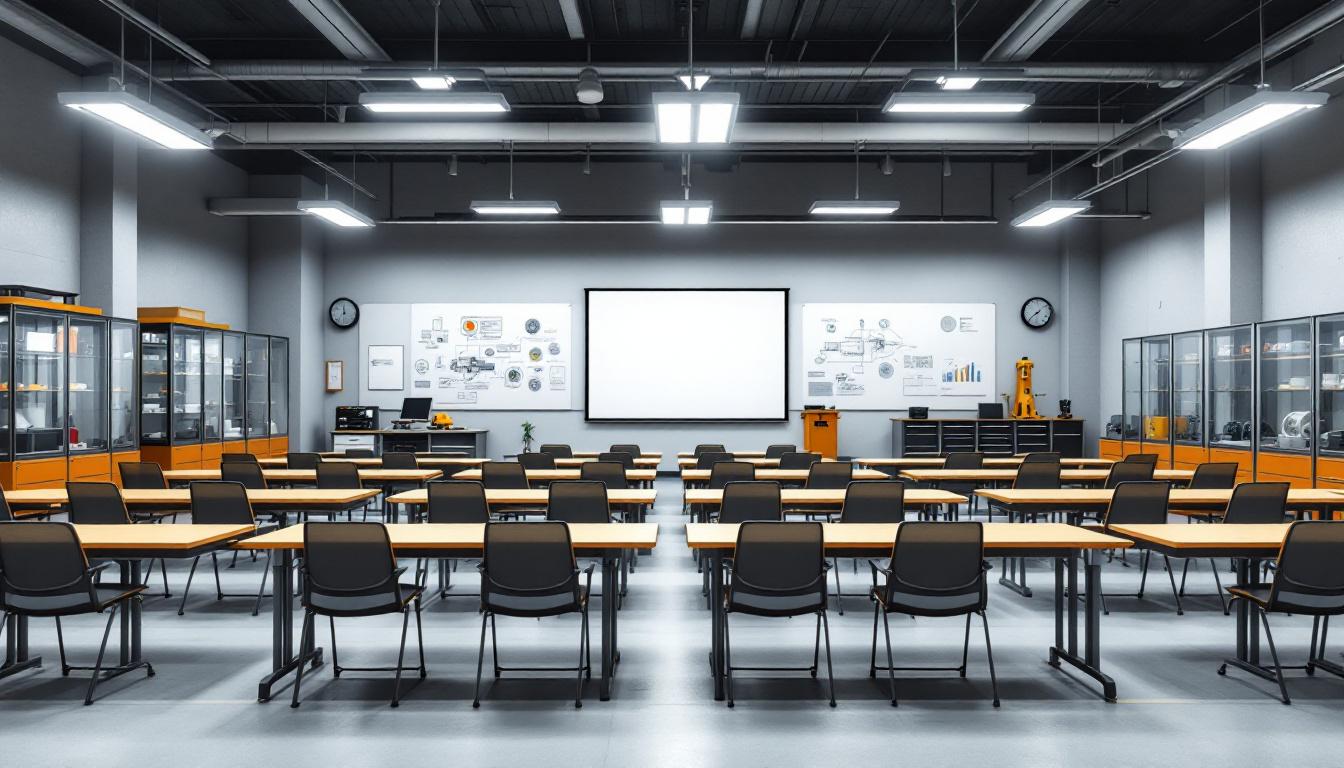
About Citrus County Detention Facility
Comprehensive rehabilitation programming and essential support services form the foundation of operations at Citrus County Detention Facility, FL, where collaborative partnerships with community organizations help address the diverse needs of individuals in custody. Located in Tampa, this FL correctional facility typically offers educational opportunities, substance abuse counseling, and vocational training designed to prepare residents for successful community reintegration. The facility generally works alongside local service providers to deliver mental health support, life skills development, and other evidence-based interventions that may contribute to reducing recidivism rates throughout the region.
Within Florida’s broader correctional network, the detention center serves as an important component of the state’s approach to balancing public safety with rehabilitation efforts. Staff members often coordinate with probation officers, social workers, and community-based organizations to develop individualized case plans that address underlying factors contributing to criminal behavior. The facility’s location in Tampa allows for maintained family connections and community ties, which research suggests can be crucial factors in successful reentry outcomes.
The collaborative approach extends to post-release planning, where the facility may work with transitional housing providers, employment assistance programs, and continuing education resources to help ensure individuals have access to necessary support systems upon their return to the community. Through these coordinated efforts, Citrus County Detention Facility contributes to the broader goal of creating safer communities while providing individuals services that address both immediate custody needs and longer-term rehabilitation objectives.
Programs & Services
Recognizing that meaningful change requires multifaceted support, the comprehensive array of opportunities at Citrus County Detention Facility reflects a commitment to addressing the diverse needs of incarcerated individuals through structured programming. This holistic approach acknowledges that successful rehabilitation often depends upon providing pathways for personal growth, skill development, and therapeutic intervention that can collectively transform lives and strengthen community reintegration prospects.
Educational advancement forms a cornerstone of the facility’s programming structure, with opportunities typically encompassing foundational literacy development alongside GED preparation courses designed to help individuals complete their secondary education. These academic pursuits may be complemented by vocational training opportunities, including welding instruction that provides participants with marketable technical skills. Moreover, electrical work training often serves as another avenue for individuals to develop specialized competencies that can translate into sustainable employment opportunities upon release.
The facility’s therapeutic and support services framework typically includes comprehensive substance abuse treatment programming, recognizing the critical role that addiction recovery plays in reducing recidivism. Work release opportunities may provide eligible individuals with structured employment experiences that facilitate gradual community reintegration while maintaining accountability. Moreover, reentry preparation services often encompass practical life skills development, employment readiness training, and resource coordination designed to support successful transitions back into the community, creating a continuum of support that extends beyond incarceration.
Daily Life & Visitation
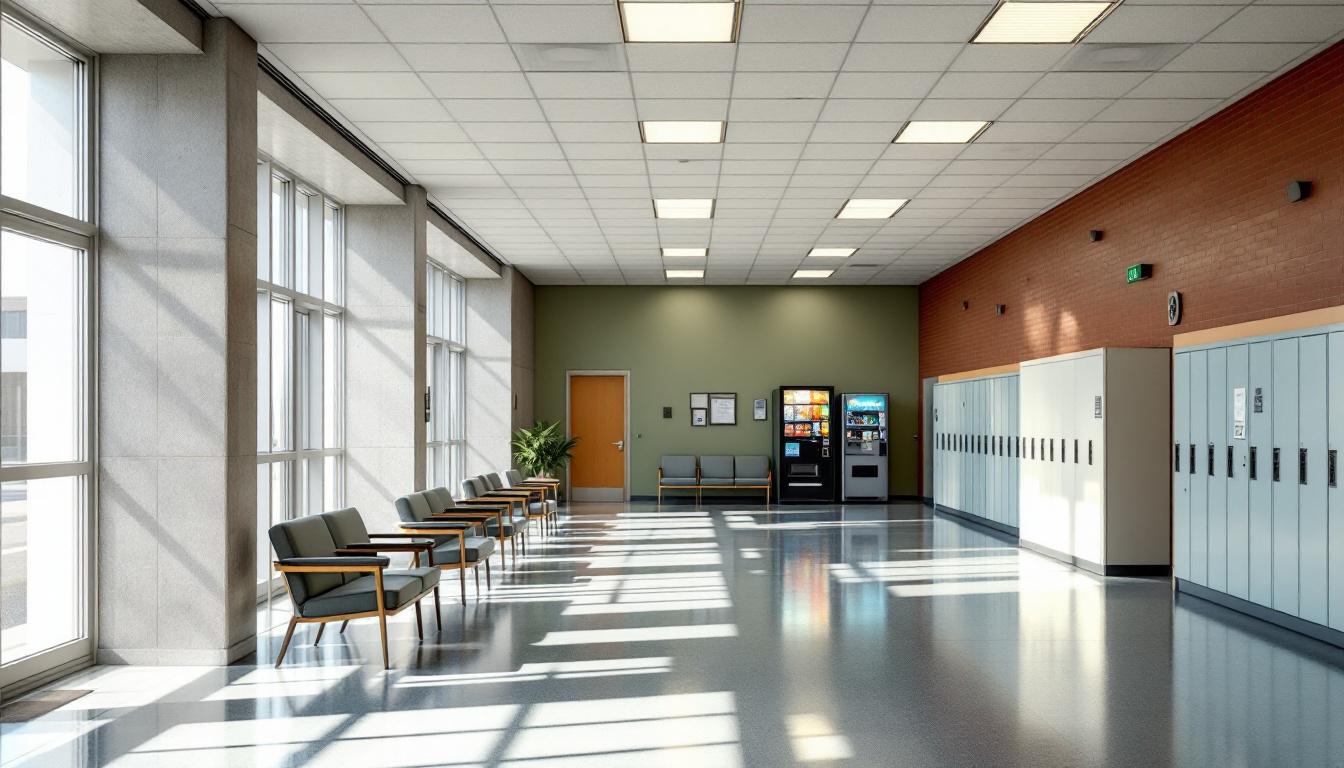
The rhythmic sound of meal trays being distributed signals the beginning of another structured day for individuals housed within the Citrus County Detention Facility. Daily routines currently revolve around a carefully orchestrated schedule that typically begins in the early morning hours with count procedures and continues to unfold through a series of regulated activities designed to maintain order and provide basic necessities. Individuals generally wake to overhead lighting and announcements, followed by opportunities for personal hygiene and preparation for the day ahead.
Living accommodations within the facility typically feature dormitory-style housing units or individual cells, depending on classification levels and available space. Moreover, individuals usually share common areas where they may interact during designated periods, though movement throughout the facility remains controlled and supervised. Personal belongings are generally limited to approved items, and individuals often rely on commissary services to supplement basic necessities when funds are available through family support or facility work assignments.
Whereas recreational opportunities may offer some respite from the institutional environment, structured programming schedules typically include educational classes, vocational training, or library access when resources permit. Work assignments within the facility often provide individuals with purposeful activity and may include kitchen duties, maintenance tasks, or administrative support roles. Family connections continue to serve as vital lifelines through scheduled visitation periods and telephone privileges, though these communications are generally monitored and subject to facility regulations that help maintain security while supporting important relationships with loved ones on the outside.
Ready to Connect?
Start communicating with your loved one today
Search for an Inmate
